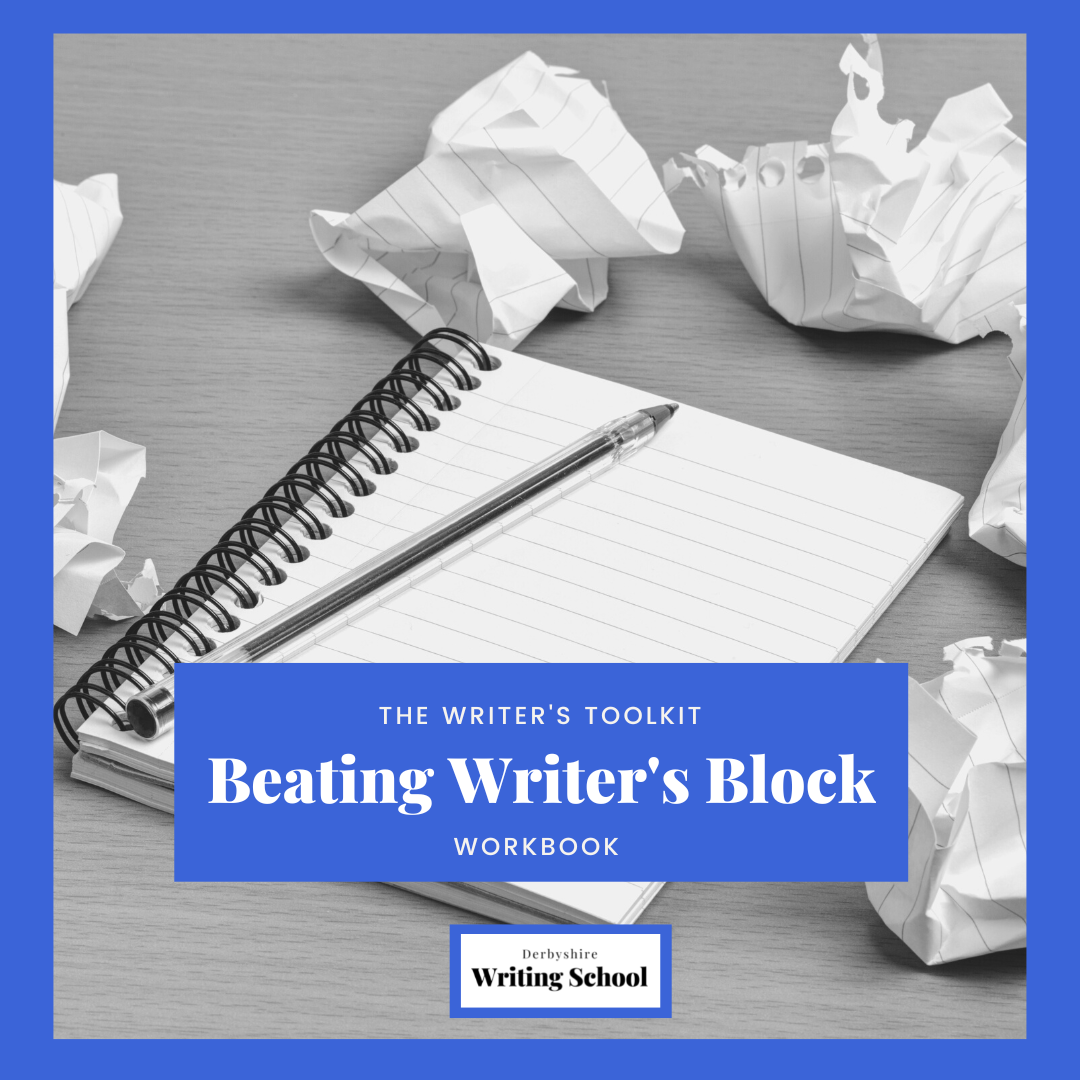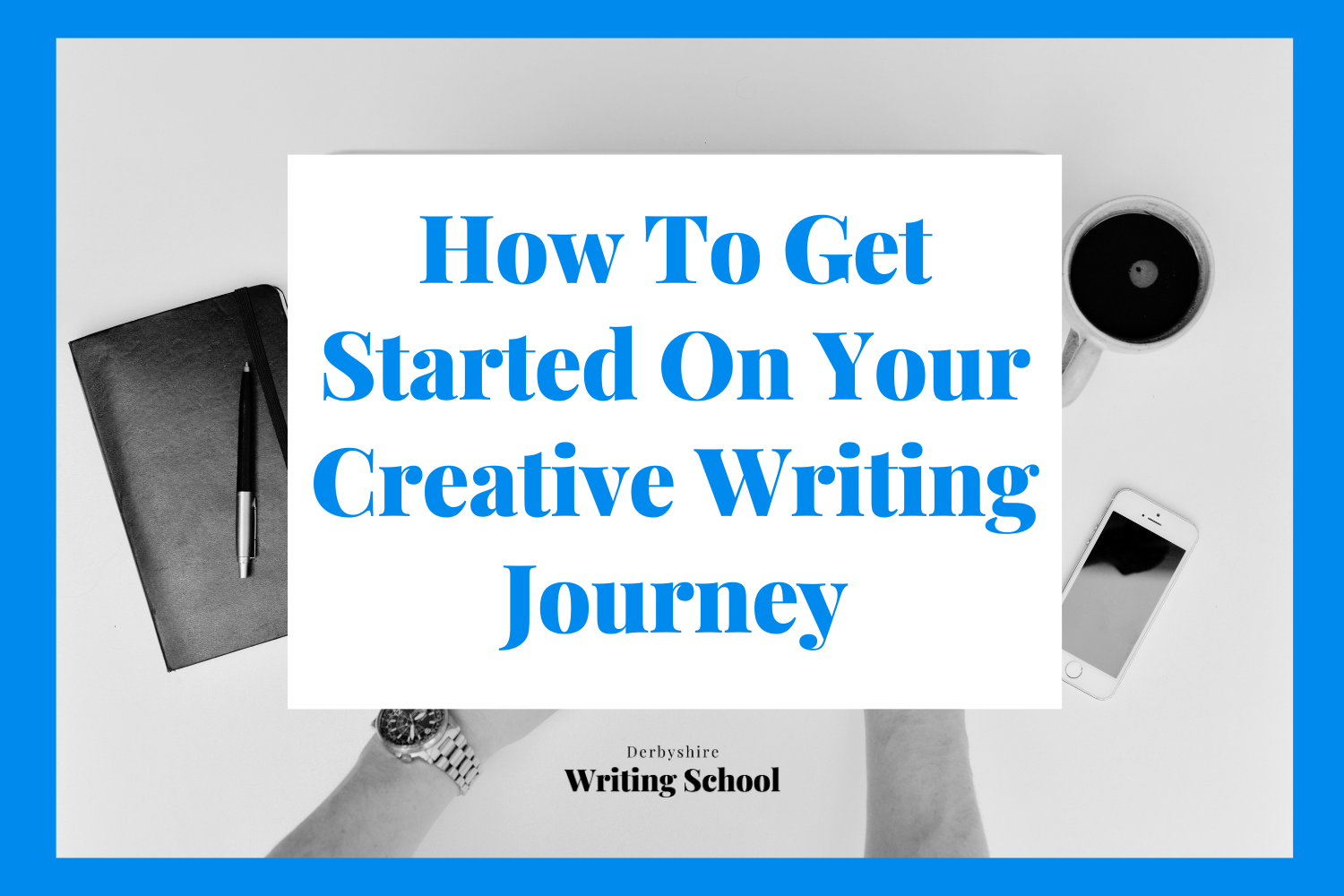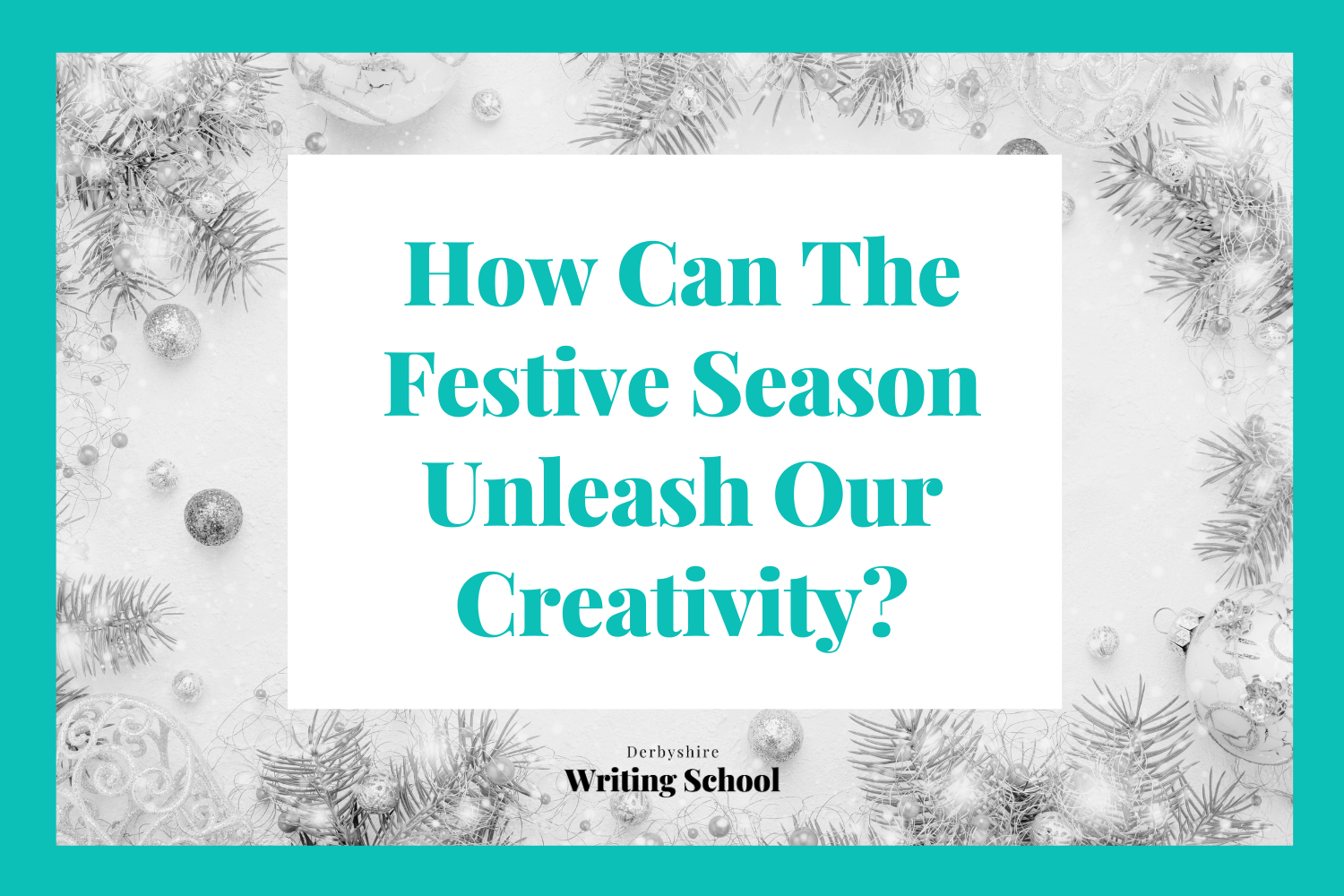Introducing The Derbyshire Writing School Writer's Toolkit
Every worker needs tools, and as writers, we are no different. We need skills, instruments, techniques – to help us undertake our craft – to write. But when we start out with writing, it can be hard to know where to begin. Which tool is more important? Where should our focus lie? And how to we develop these tools?
This is how the Derbyshire Writing School Writer’s Toolkit podcast episodes came to be. We wanted to create a series of shows that started to identify and break down some of the core writing skills and tools that writers need and talk through how to use them.
Identifying these tools is no easy feat. Each writer will need more guidance with some tools more than others, and depending on where you are in your writing journey, or even what your writing, can depend on the tools you might feel are more important.
The Tools You Need As A writer
We’ve listed some of the tools we think are the most important. Once you’ve grasped these (and maybe battled with them) you’ll be in a great place to move forward with your writing. Sometimes though, these tools develop ‘on the job’ but being aware of them can help you to reflect on your development as you go.
Tools we’ve covered on Begin (the podcast) so far include:
You don’t need to work on each tool in isolation, and you don’t need to develop them in order. One of the best things about learning to write is how tacit our knowledge is. We learn to write by writing. Each day we write, we become better.
The Derbyshire Writing School Toolkit
But after we’ve begun, we can need a little help. A guide to move us along on our journey. This is where the Derbyshire Writing School Workbooks come in. Each workbook has been designed to help you with a specific part of your writing journey. We’ve layered the knowledge so you can layer your learning. This means the workbooks build on the podcast episodes. Offering activities and advice to help you action the strategies and tools we’ve shared.
Our workbooks mirror the heart of our teaching philosophy – practical writing advice, delivered creatively.
Our writing workbooks will help guide you through some of the trickiest of writing challenges. With activities, strategies, and tools, you’ll learn how to take your writing forward and achieve your writing goals.
Designed with the beginner writer in mind, our friendly workbooks are available for you to work through at your own pace in your own home. Our creative writing workbooks will teach you the essential elements of writing. You’ll learn and develop as you explore our creative guides.
Why Our Toolkits Are Different
Each workbook is filled with useful content and fun activities to develop your knowledge. It’s the detailed information you’d find on a course or workshop, but packaged beautifully for you to work on at home. It’s jam-packed with our best advice.
Each workbook offers practical tools you can apply to your writing life today, whilst talking you through some creative activities to expand your knowledge.
Each workbook breaks down a tricky writing problem and offers a step-by-step guide to overcome it. We get it. You don’t want a complicated explanation. You want easy steps you can follow to allow you to become the writer you’ve always wanted to be.
Each workbook will teach you a writing topic at pace. We’ve all got piles of writing craft books waiting to be read, but finding the time is hard. What if we compacted the best writing advice into an actionable workbook? Look no further friend! You don’t need days to read our workbooks, just an evening to commit to your writing.
Check out our workbook library and develop your writing knowledge quickly.
Derbyshire Writing School Writing Workbooks
Creating Characters Workbook – This workbook will tell you everything you need to know about characters and how to create them, and you’ll take part in activities to help bring your characters to life.
Beating Writer's Block Workbook – This workbook will kick-start your imagination as you explore where writer’s block comes from and how you can overcome it with actionable steps and advice.
Coming soon!
Developing a Writing Habit – We all want to develop good writing habits, but where do we start? This workbook will show you how you can fit your writing into your busy schedule and finally finish your first draft.
Understanding Point of View – You know POV is important, but maybe you don’t truly understand why. Our workbook has everything you need to know when it comes to POV.
Developing a Writer's Mindset – Writing is hard. To hold strong, you need to develop a writing mindset. This workbook will help you explore the tools you need to see your writing projects through.
How to Edit Your Book – Reaching the final draft can be a long process, but how do you make that journey? And how can you make it as easy as possible? In this workbook we’ll show you how.
Spending time developing your writing will help you to become a better writer. The core craft elements you practice, the techniques you try and the increase in your subject understanding will allow you to write faster, prevent extensive editing and could even save you lots of struggle as you hit the page running.
Find out more about our writing workbooks and develop your writing with us!












